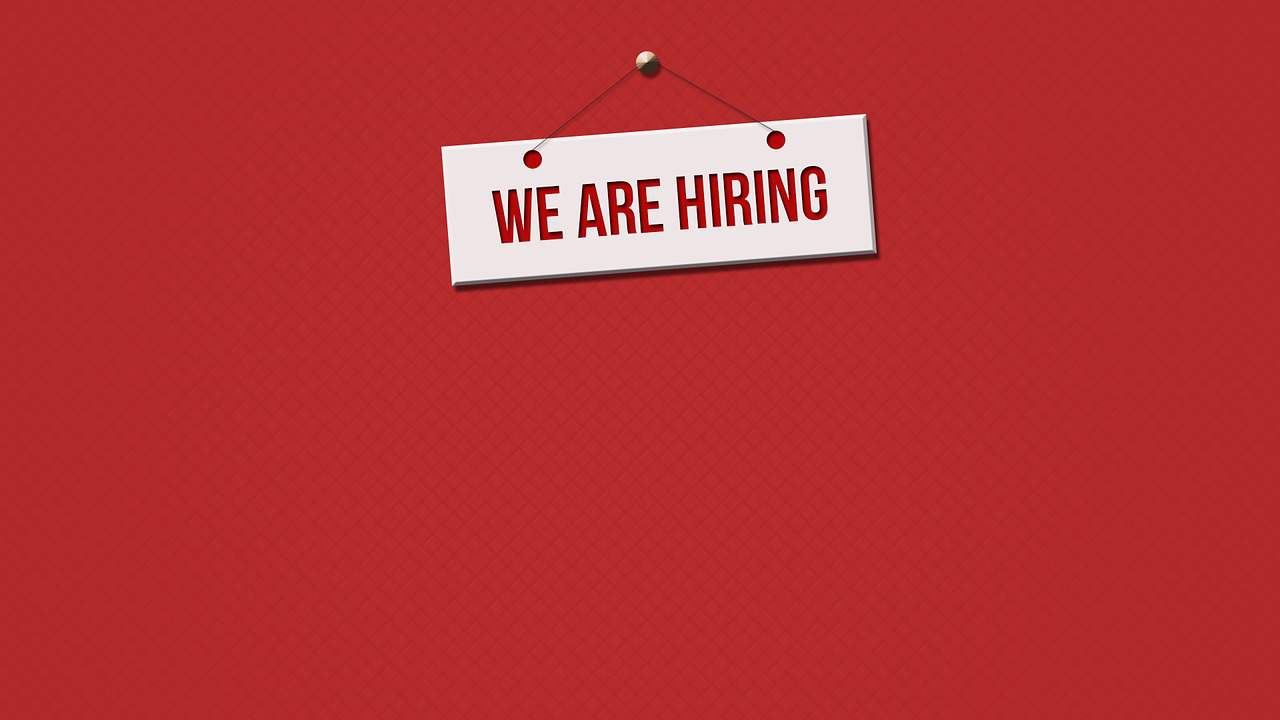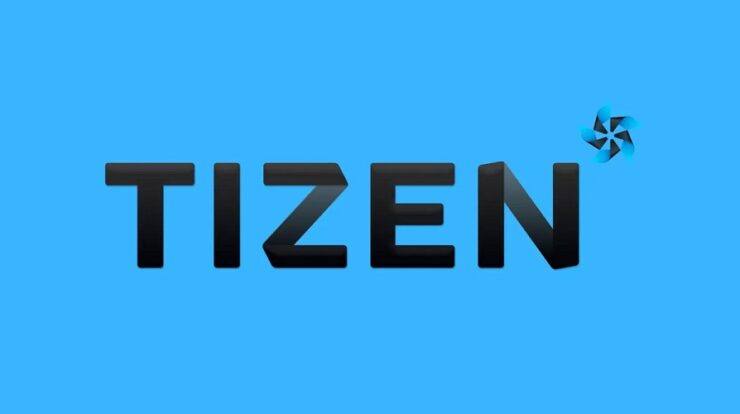
HR teams must have such an easy time with recruiting, right? The one almost certain thing is the availability of potential candidates for every position. That thinking would have been right years ago. But now, the situation is very different. The truth is that there may be thousands of people looking for employment. But the tricky part lies in finding the right talent.
The job market has changed significantly over the years. Job seekers now have more control over the processes. They are no longer actively looking for work opportunities. Rather, HR has to go after them. The competition is fierce, and those with the right skills are never without jobs for long. A recent Glassdoor research shows that 76% of hiring teams experience difficulties attracting top talents. And then there are the millennials and Gen Z. These demographics have no loyalty.
With all these challenges, ambitious HR teams need recruitment marketing and talent CRM. Let’s delve into the topic in a little more detail.
Greater Efficiency with Talent CRM
There are two critical points when it comes to recruiting. The first is to find the right people. The second is to nurture relationships with them. In this digital age, technology effectively takes care of the first one. How do HR managers find and keep track of potential candidates?
Well, they could advertise and post jobs. They would then need to go through every resume they get. The other option is to create a spreadsheet of the names for easier reference. But there is software that can help with the process. And, one of the preferred options is the Applicant Tracking Systems (ATS). The software allows the team to create a database for job applicants.
Platforms like SignalHire can also help find potential recruits. With a simple click, HR can get names, emails, social media profiles, and phone numbers. The platform ensures proper verification of the details before displaying results.
Now here is where talent CRM plays a big role. It allows for the nurturing of richer relationships with recruits. The HR team also achieves higher efficiency. The savings in time and money make the investments in such software worthwhile.
And that’s not all. The tools allow for proper segmentation, thus personalization and better targeting of messaging.
Must-Have Features of a Talent CRM
When investing in a talent CRM, at the minimum, lookout for the following: –
- A database of recruits, whether potential, current or past. Take this example of Glassdoor research. Online databases like Glassdoor help HR to know the candidates’ names, location, job title, and contacts. They can send out job details concerning positions directly to the targets. It helps avoid blanket job postings and hope the right person sees it.
- Applicant or candidate tracking, including ongoing communication with them.
- Candidate segmentation based on specific filters. It could be the level of education, location, interests, etc.
- SMS and email alerts to maintain engagement with recruits.
- Analytics for keeping track of and measuring the success of different strategies.
- Technologies like chatbots to provide prompt feedback to candidate queries.
ATS vs. Talent CRM
At this point, it helps to know the difference between applicant tracking systems (ATS) and CRM. While the two do share some similarities in terms of functionality, there is one major difference. It is all about where the tools kick in during the candidate journey.
The ATS comes in AFTER the candidate applies for the position. It becomes a repository that serves a couple of functions. HR can create or post openings. They can also collect applications, organize, screen, and evaluate candidates in one centralized location. This allows for better streamlining of workflows.
The talent CRM helps reach out to candidates, whether active or passive. Its strength lies in one major feature: the ability to nurture or strengthen relationships with candidates. That is why you cannot separate talent CRM from recruitment marketing.
Creating Engagement with Recruitment Marketing
You would be right in thinking that marketing is a preserve of the sales and marketing team. Well, that is no longer the case. To outdo the competitors, HR must engage in some serious recruitment marketing. They must know how to attract and engage potential recruits.
Think about it like some form of marketing that aims to make the company attractive to candidates. The steps follow the methods of a normal marketing strategy. It involves creating brand awareness.
Once they start to know about you, how do you go about generating interest? Why should the candidate choose to work for your company and not the other? It is also important to point out differentiating factors from competitors. It requires placing yourself in the consumer, in this case, candidates’ position, and meeting them at their point of need.
Recruitment marketing software provides an effective solution to this challenge. It allows for the targeting of potential candidates across different platforms. These include jobs, networking platforms, social media, events, and so much more.
The marketer’s role is to help HR position the company in a positive light. Their work is to get the word about the company out there in different ways. These include spreading brand messaging to nurture leads.
They then hand over such to HR for further pursuit. So yes, these are two different but complementary roles. Think about it in the same way as marketing providing leads to sales. The latter then has the role of turning leads into conversions.
Must-Have Features of a Recruitment Marketing Software
Recruitment marketing software provides so many functionalities to the HR team. It, therefore, helps to have some of the following features:
- Ability to set up a career site specific to the organization. Customization options ensure that the company can create a career site that looks different from its competitors. They can also make it attractive enough to engage the interest of potential candidates.
- Ability to integrate with other sites, including social media and job boards. It helps to have a broad reach when looking for the right talent. Job postings are no longer enough. You must widen the search to whichever platforms potential recruits may be on.
- Customization options should also include things like lead generation forms. In this case, you use such to collect information from potential recruits. All these will go to the company database for present and future use.
- Networking platforms to further engage with potential candidates. It provides a fantastic way to keep up with them. The teams will find it easy to get in touch with them in case of job openings.
Final Thoughts
Recruitment marketing and talent CRM can help HR with the process of recruiting. In a highly competitive world, companies must work hard to find those with the right skills. And they must convince the candidates to come on board. It could explain why so many HR departments find recruiting so difficult. Think about recruitment marketing like any other type of marketing. It aims at increasing brand awareness to capture the attention of the right candidates. But there is more.
The teams must engage and interact; otherwise, they will lose their potential to the competitors. The right software and technologies can help with these processes. Talent CRM actively collects job seekers and nurtures lasting relationships with them.
For the HR team, the results are many. Finding candidates is easier due to the ability to reach a wider audience. There is also higher efficiency and savings in time and money.



